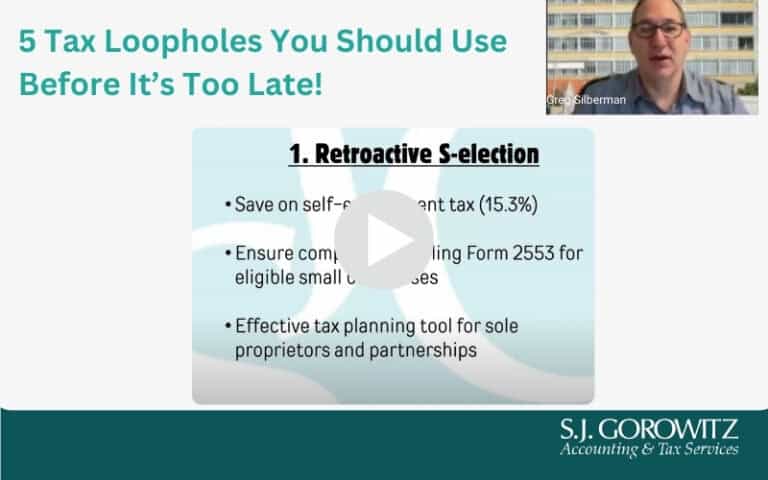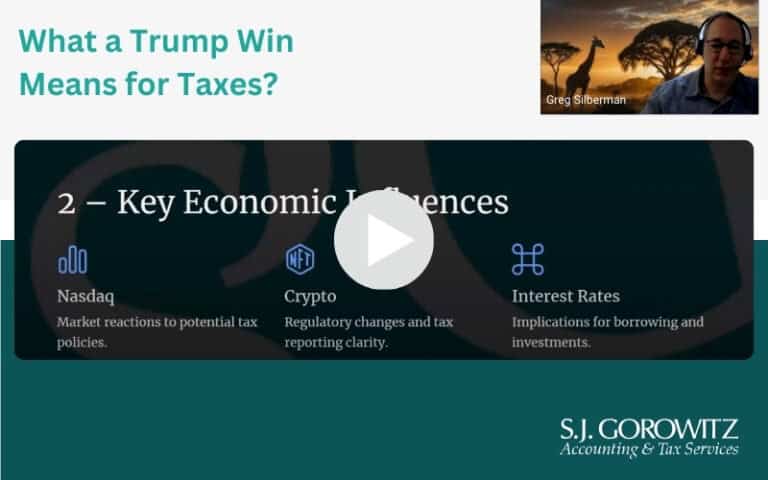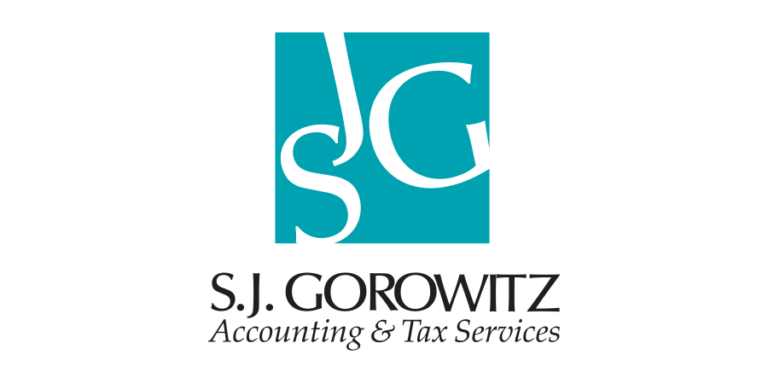November ushered in the 2014 lame duck session of the 113th Congress. It has implications for everything from Ebola, to immigration, to tax breaks. While all of these issues are pressing, for expanding and emerging businesses and their owners, it is those pieces of tax legislation that imply direct, material impact.
What is a lame duck?
 Let’s start from the top. What is a lame duck? It’s a funny term for a not-so-amusing situation. A lame duck is a politician who is on his or her way out of office (currently, there are 85) and who therefore is unable to effect change. A lame duck session is the window of time during which one Congress meets after its successor is elected, but before the new Congress convenes the following January.
Let’s start from the top. What is a lame duck? It’s a funny term for a not-so-amusing situation. A lame duck is a politician who is on his or her way out of office (currently, there are 85) and who therefore is unable to effect change. A lame duck session is the window of time during which one Congress meets after its successor is elected, but before the new Congress convenes the following January.
The 2014 lame duck session is significant because Democrats are the sitting members of the existing Congress, and the new Congress has a Republican majority. Change is afoot, and there is real concern about whether they will be able to get anything done until the new session begins.
What can we expect during the lame duck Congress?
Since January 1, 2014, Congress has debated Tax Extenders with no resolution, leaving the lame duck Congress with the responsibility of extending them so the tax laws do not expire. Significant pieces of legislation are pending, including approximately 60 Tax Extenders – individual, business and energy tax provisions that have expired. Here are a few of the consequences that the Tax Extenders could have on business owners and the economy for 2014:
- §179 Deduction for assets purchased of up to $500,000, scheduled to be reduced to $25,000
- 15 Year Recovery period for Qualified Leasehold Improvements, scheduled to go back to 39.5 years
- 5 Year wait period for S-Corporations to avoid Built-In Gains Tax, scheduled to revert back to 10 years
In this post we’re going to look most closely at the Increased and Expanded §179 Deduction, the Internal Revenue code section that allows a business to elect to expense the cost of placing an asset in service.
Without an extender for assets placed in service beginning in 2014, the maximum §179 deduction of $500,000 is reduced to $25,000. The phase-out threshold drops from $2,000,000 to $200,000. This example illustrates what the Tax Extender means for a business that shows a profit and purchases and places into service a piece of equipment for $200,000 during 2014.
Scenario One: Assuming no §179 has been taken:
| Equipment Purchased | $200,000 |
| Currently the §179 Deduction | ($25,000) |
| Remaining Cost Basis | $175,000 |
| Assuming Depreciation 20% | ($35,000) |
| Remaining Cost Basis to be Depreciated in Future | $140,000 |
The total deduction in 2014 is only $60,000 of the $200,000 total cost.
Scenario Two: Assuming the §179 deduction is extended back to $500,000:
| Equipment Purchased | $200,000 |
| Expanded S179 Deduction | ($200,000) |
| Remaining Cost Basis to be Depreciated in Future | -0- |
The total cost could be deducted in 2014, resulting in less net income to the company and lower taxes.
Most business owners know that purchasing assets is one of the most common year-end tax planning considerations. Many experts expect this extender to pass retroactively to be effective as of January 1, 2014 (as has been the case for the past several years), but no one can say for certain. Savvy business owners should read these possible tax scenarios against their own financials, and consider the implications and necessary actions now.
SJG specializes in tax planning and minimization strategies. Call on us to stay informed about how the Tax Extender decisions made during the lame duck Congress impact your financial planning. We will keep your business on solid financial footing into the new year.
























